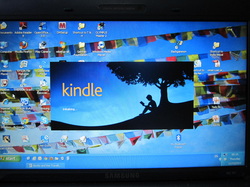
Of course books weigh a ton and always having at least two or three in the bag meant that I was always carrying a lot of weight. Places like Themal in Kathmandu where I am now were happy hunting grounds as I nearly always had books I’d read that I wanted to sell and I would spend hours trawling through the many bookshops, looking for new books, and deciding where I wanted to do my deals. The aim was always to be carrying only unread books to last me to the next place where there were bookshops.
Of course things have now changed as I now carry a Kindle which can store hundreds of books. I now don’t have to worry about running out of reading matter as I loaded my Kindle up with lots of new material before I left home. I still wander into the bookshops and look around but not with the avid interest I would have in the past. Of course using a Kindle brings its own problems, keeping it charged up which I do at every opportunity, and of course having ones’ eggs all in one basket so to speak, I would have real problems if it was damaged or stolen. It has now become one of most valuable processions. I could still read my books on my netbook, but it would not be as convenient as my Kindle. Luckily all my purchases are still stored at Amazon, so I could have another device FedExed out to me, or I could resort to buying the old fashioned paper versions.
At the end of the day my Kindle, even with its cover, only weighs the same as small paperback. I’ve just read a very long historical novel, which in its paper version is a 700 page brick of a book, only available in hardback. I’m very glad I could read that in its digital form.
I am still carrying some paper books. One is a history book which wasn’t available in a digital version; it relates to an area further on in my travels and I want to read it nearer the time. So I’m going to have to carry it until then but I rather resent it, and it will be sold or left behind as soon as it’s finished. Another book I have is a small guide to the birds of India. These kinds of books just don’t work on ereaders as they are now but who knows in the future?
When I planned this trip I thought I wouldn’t bother with a guide book, after all I’ve been to India and Nepal before so I could just wing it. On the day I was due to fly I bottled out and went down to Waterstones and bought the Footprint guide to India. It was like a comfort blanket, and I’m very glad I did as I would have been in real trouble without it, missing out on the most basic of information. I’m also carrying ‘Trekking in the Everest Region’ published by Trailblazer, another essential book as are all their trekking guides.
I have tried using digital guides, buying chapters of books as pdfs which can then be put on a Kindle. These are fine when you view them on a laptop, but on a Kindle the text is very small and it is very fiddly to move around the pages. They don’t really work. So to all my friends still in the travel book business who are today at the Frankfurt Book Fair, don’t worry there’s life in the guide book yet.
One thing I’ve been unable to do since arriving in the Indian sub continent is download any new books. The agreements that Amazon have to piggy back on wifi and 3G networks don’t seem to apply in India and Nepal. This again has implications for those travel book publishers who have gone for flashy digital material that can be viewed on smart phones and the like. What do you do if there’s no bandwidth to download all this information? In the end it’s back to the book.
Ereaders seem to have been designed for the traveller, limitless reading material for very little weight. I’m very glad I have one. However when it comes down to finding where you are on a street corner in a strange city, the guide book is still the gadget to have.
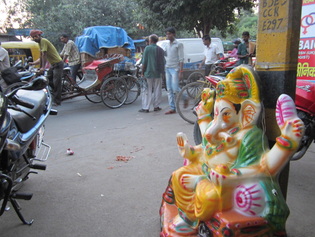
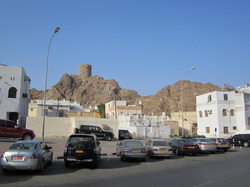
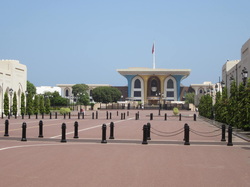
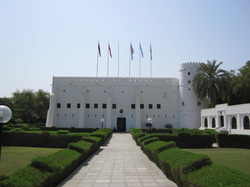
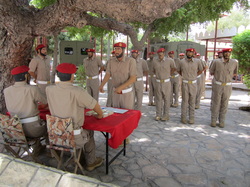
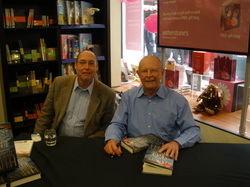
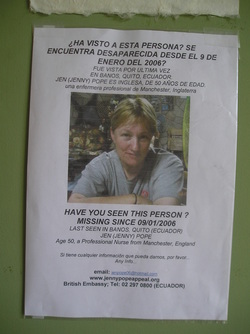
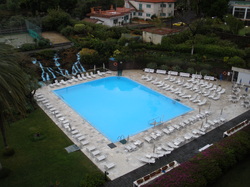
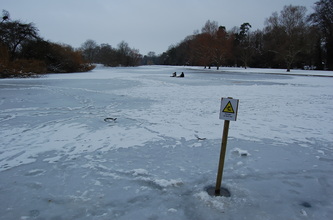
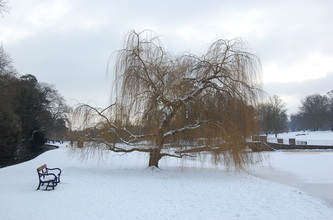
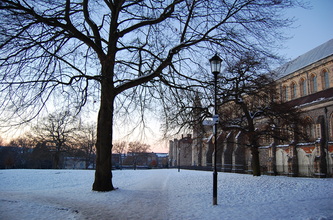


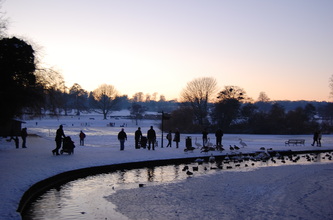
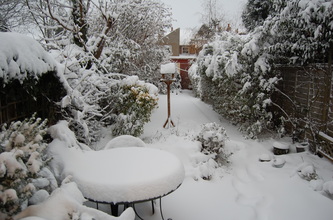
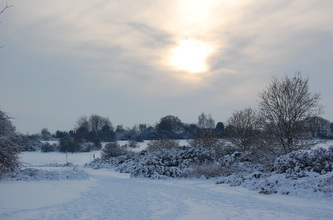
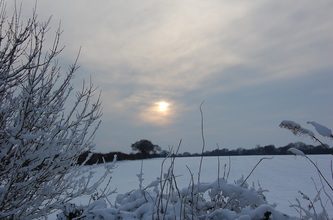
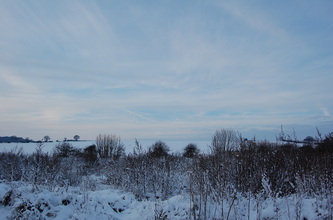

 RSS Feed
RSS Feed
